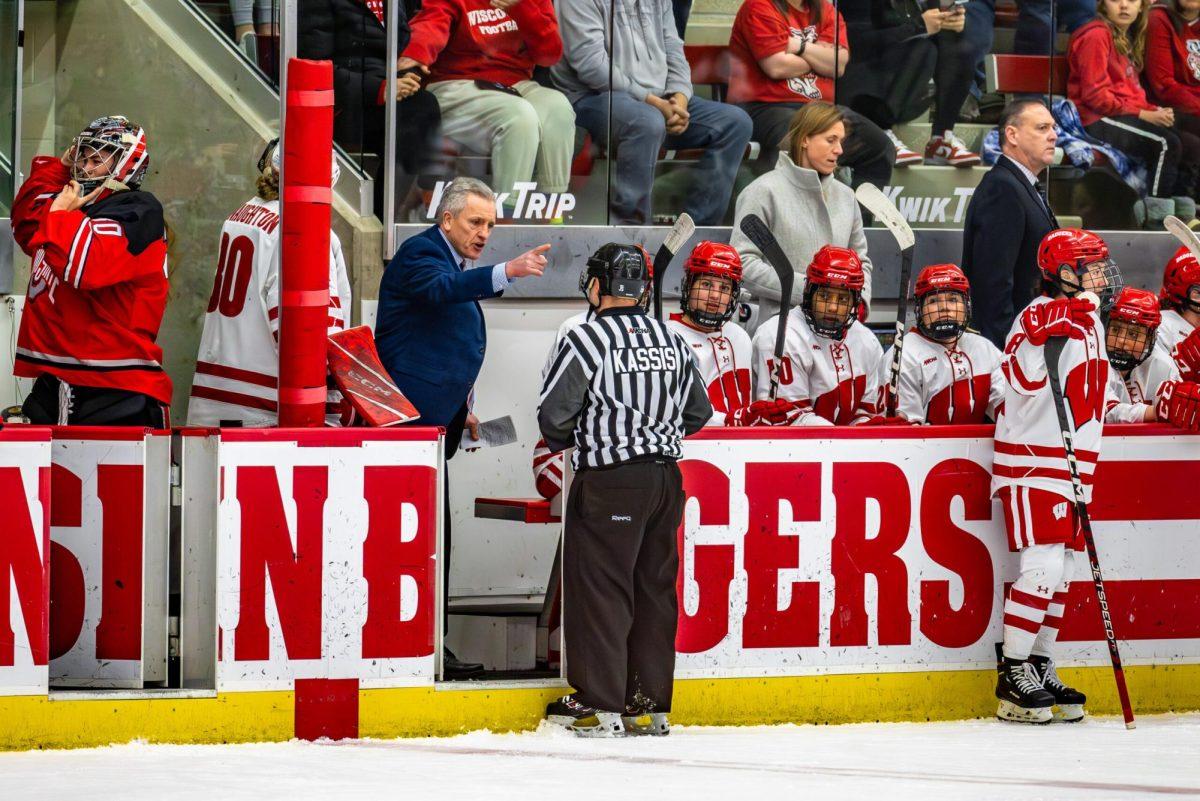While the Summer Olympics officially ended over two months ago, repercussions from one game in particular in the women’s soccer competition still haven’t faded away.
The game, played between the U.S. women’s national soccer team and Canada’s women’s team in the semifinal of the Olympic competition, would not be decided until stoppage time on a last-second goal by forward Alex Morgan.
Earlier in the game, this ending never would have seemed possible. Canada had taken the lead three different times throughout the game, but referee Christiana Pederson made two questionable calls in the second half. The second was a disputed penalty kick given for a handball in the box that gave U.S. forward Abby Wambach a chance to tie the score at three, and both went against Canada and ultimately aided the U.S. in its comeback bid.
After their semifinal matchup, the Americans would eventually go on to win the gold medal, while Canada had to settle with bronze.
In a close game decided by a referee’s less-than-perfect calls, it seems reasonable that the Canadian players would be frustrated by the result, especially after leading for most of the game. After all, how many chances do you get at an Olympic gold medal?
Unfortunately for Canadian forward Christine Sinclair, FIFA’s governing body decided Friday they didn’t see things quite the same way.
Quotes from Sinclair in postgame press conferences expressed obvious discontent with the refereeing in the critical semifinal game and quickly went viral across the globe.
“We feel like we didn’t lose, we feel like it was taken from us,” Sinclair said. “It’s a shame in a game like that, that was so important, the referee decided the result before it started.”
Certainly not a scathing, personal attack on the referee by any means, Sinclair’s harsh words for the referee were enough to earn her a four-game ban from the Canadian national team and a reported $3,500 fine from FIFA’s international governing body in what FIFA called “unsporting behavior towards match officials.”
The incident poured gasoline on an already intensifying debate as pressure on soccer referees has increased in recent years.
Over time, as the game continued to speed up with each successive generation of players to rise through the ranks, referees have been forced to handle the growing task that is regulating a professional soccer game.
Many different proposals have surfaced in response to the growing strain put on the referees to make the right call, including instant replay, goal line technology and using more referees in the game.
Unfortunately, most of these proposals have remained just that – proposals – as FIFA has made it clear in the last several years they think changing the way games are officiated would destroy the “beautiful game.”
While this portion of the argument is understandable – more referees and video replay would slow down a game that is famous for its fluid play – when FIFA chose to forgo most of these ideas to solve the refereeing problems (they have experimented with replay for very specific cases), they also made a decision to increase the likelihood that referees will continue to make poor calls.
So when Pederson’s iffy calls didn’t go Canada’s way and ultimately cost them the game, it seems only fair that Sinclair should have the right to protest. She did, after all, single-handedly keep her team in the game.
Instead, by punishing Sinclair for her comments, FIFA essentially chose to support, if not promote, mediocrity in its sport.
After all, aren’t referees paid to make those calls correctly?
Just look at the situation in reverse.
Had Sinclair played poorly in the semifinal game, missing key goal scoring opportunities or playing bad passes, it is likely that she would have been benched or possibly even dropped from the team.
FIFA’s reaction, while a sign of solidarity with its referees, completely frees the officials from any accountability for their actions. Instead of punishing the referee for her poor refereeing or at least giving her a warning, FIFA made a scapegoat out of Sinclair and didn’t deal with the actual problem.
To put this disciplinary decision into perspective, you need not look further than English men’s soccer player John Terry, who received a similar four-match ban from the English Football Association a few weeks ago after he used racial slurs against an opposing player in an English Premier League match.
The two players received the same punishment, yet Terry’s actions were in direct violation of FIFA’s “say no to racism” campaign, a valiant cause for a sports body with a diverse set of racial backgrounds on teams all over the world. On the other hand, Sinclair merely vocalized an opinion that most soccer fans and players would agree with: Referees should be held accountable for their mistakes.
Still, the game certainly doesn’t need knee-jerk reactions and subsequent referee firings by FIFA – and there is something to be said for the drama element that human error brings to the game. But referee criticism by coaches and players needs to be allowed as a way to hold referees accountable for the problem will only intensify in the coming years.
Nick is a junior majoring in journalism and political science. Do you agree with FIFA’s decision? Is refereeing becoming a problem in soccer? Send Nick an email at [email protected] or send him a tweet @npdaniels31.



















